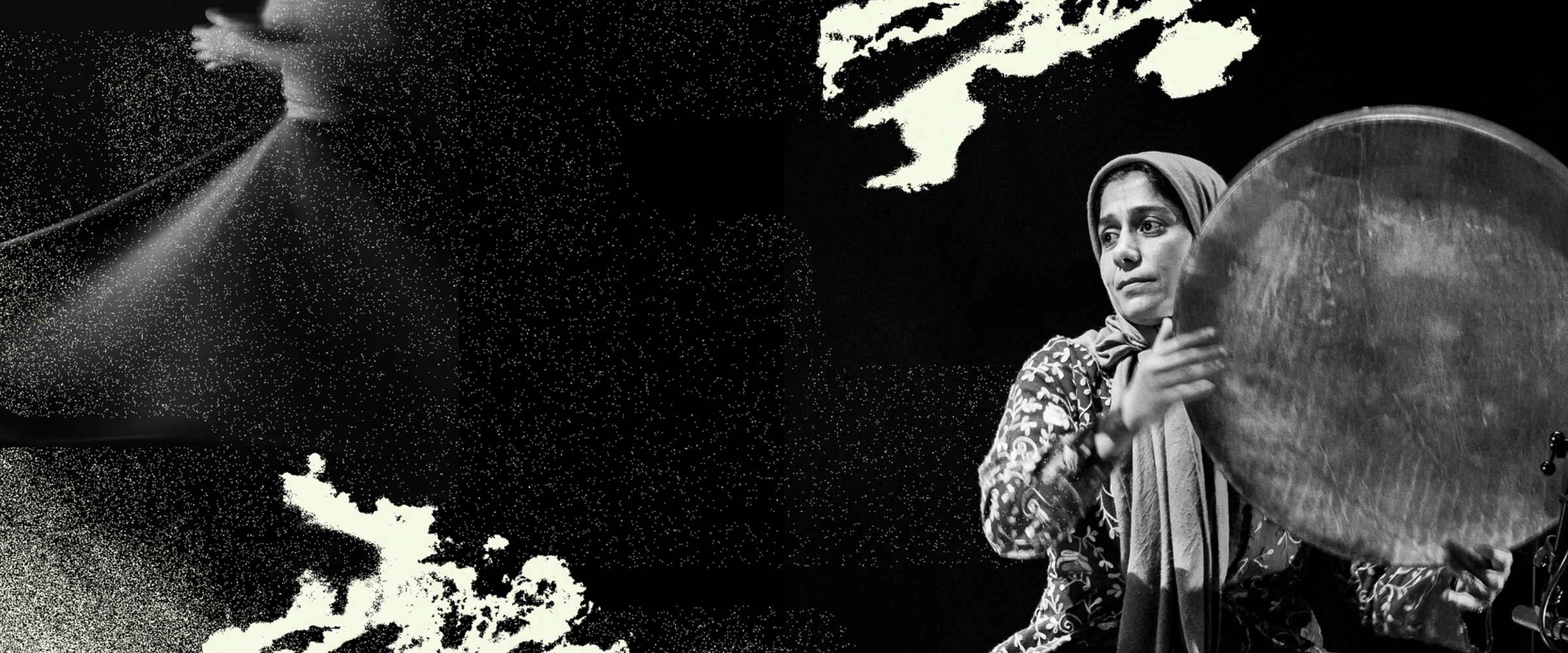750 years ago, the Persian poet and Sufi mystic Jalal ad-Din Rumi lived. His writings continued to resonate all that time. For example, he wrote about his encounter with the dervish Shams-e Tabrizi. It set him on an inner roller coaster that challenged him to let go of his knowledge and reach for a higher level. A tour de force that still captures the imagination today.
A brand new ensemble seizes upon Rumi's life journey and his special connection with Shams for the poignant spectacle "Rumi Passion"; full of mystical music, a dance choreography with dervish and poetry. A story of fear in uncertain times, violence and egos, but in spite of it all, also of boundless love.
An interview by Johan Van Acker with composer Osama Abdulrasol, daf player Farnoosh Khodadadeh and director Filip Standaert.
Photo credits: Gillis Sacré en Geert Vandepoele
What does Rumi mean to you?
Farnoosh: 'From my earliest years, Rumi was present in our home in Iran through his poems and music. Both Rumi and Shams are a source of inspiration for my life, more so, Rumi is all my heart.'
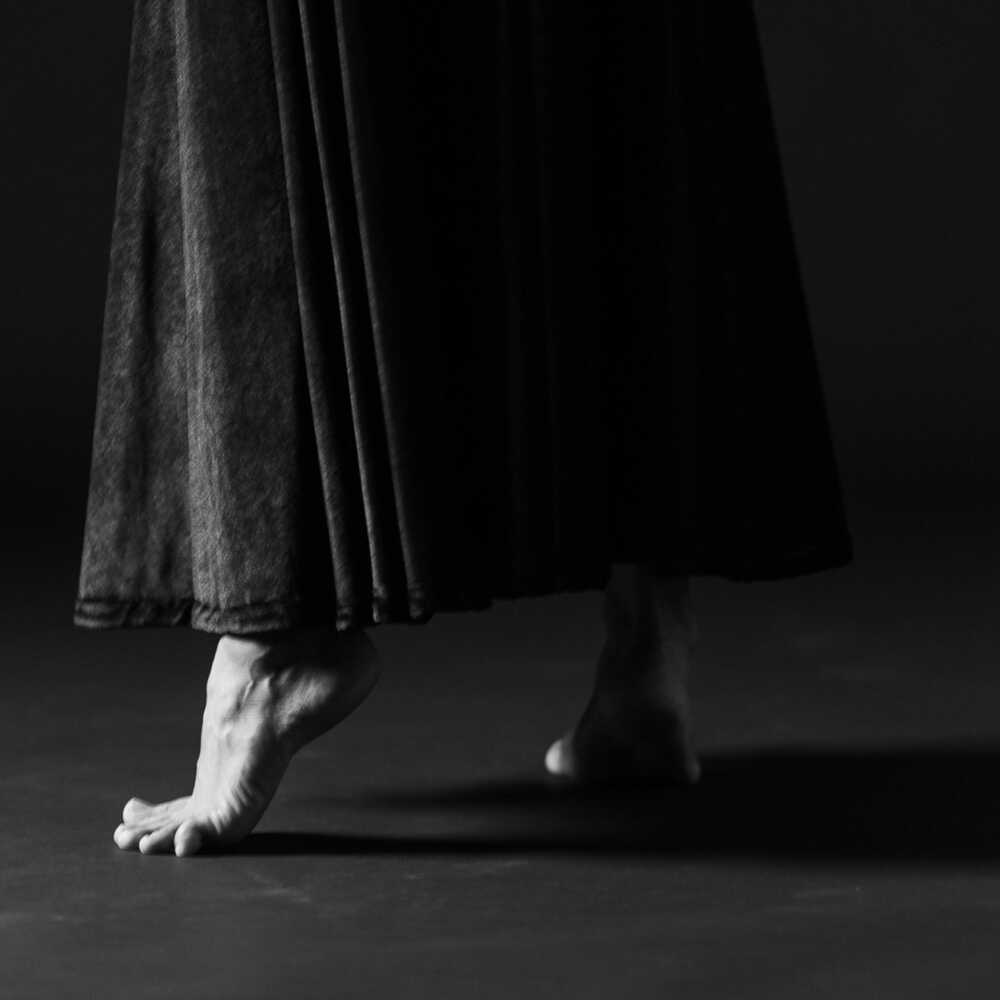
Osama: "My true knowledge about Rumi and Shams began only five years ago. There is a twist in their story that fascinated me immediately. Indeed, as soon as Shams came into his life, the community around Rumi was very jealous of their exclusive bond and they forced Shams to leave.
His disappearance drove Rumi crazy. That's where the Arabic word "ashq," the Turkish "aşk" or "passionate love" comes around the corner, at least to my understanding.
Ashq has a much deeper and larger meaning than the Western interpretation of the word love. That's also why we chose passion in the title. Ashq as passion and much more.'
Ashq has a much deeper and greater meaning than the Western interpretation of the word love. That is also why we chose passion in the title. Ashq as passion and much more.
Osama Abdulrasol
What can Rumi mean today?
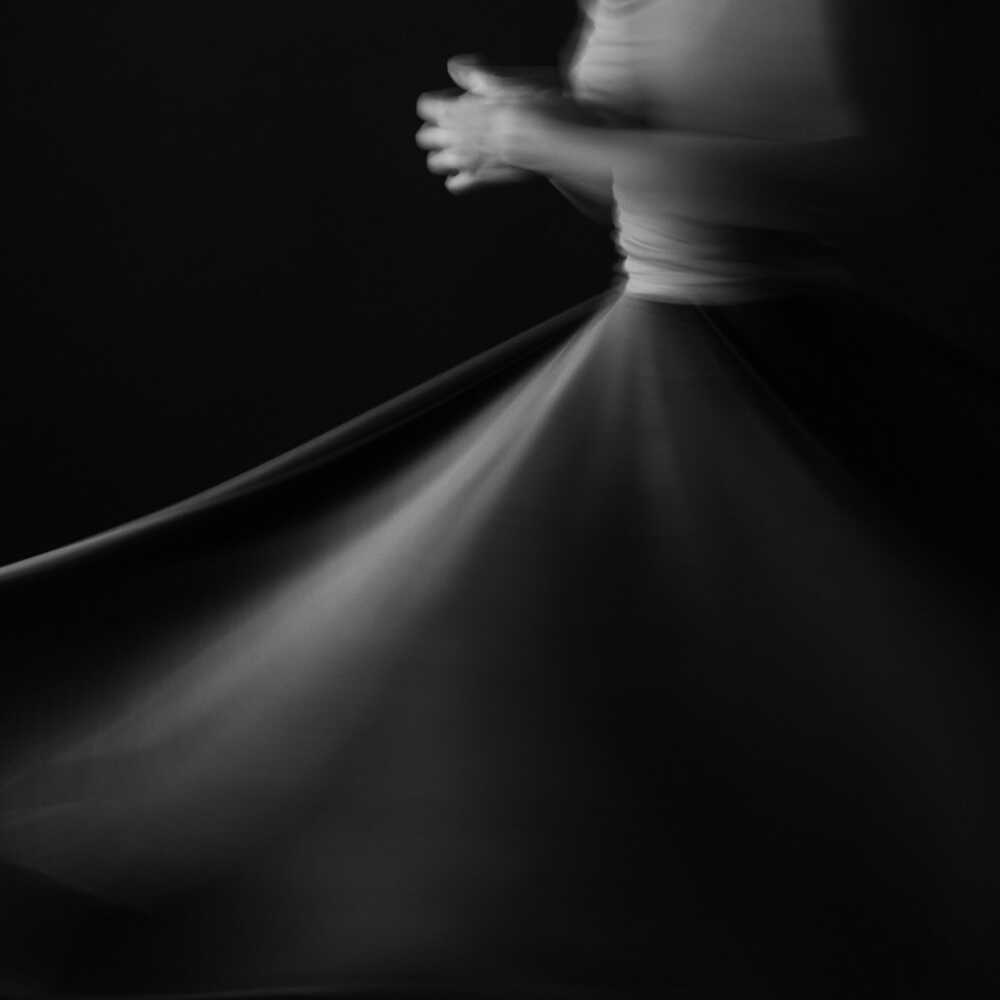
Farnoosh: "Rumi's life is very current. His family was fleeing violence in their homeland and so was forced onto the migration path. That meant he had to start from scratch. Despite the crises he went through, Rumi chose the path of love; both the divine kind and love for people.
The encounter with Shams is the climax of that - the so-called tajallî. This is precisely what makes Rumi Passion so relevant to us. In complex times, how do we as humans look at each other? Rumi's texts help us find an answer, because his language is universal.'
Despite the crises he went through, Rumi chose the path of love; both the divine kind and love for people.
Farnoosh Khodadadeh
How do you capture Rumi artistically? What is essential to you?
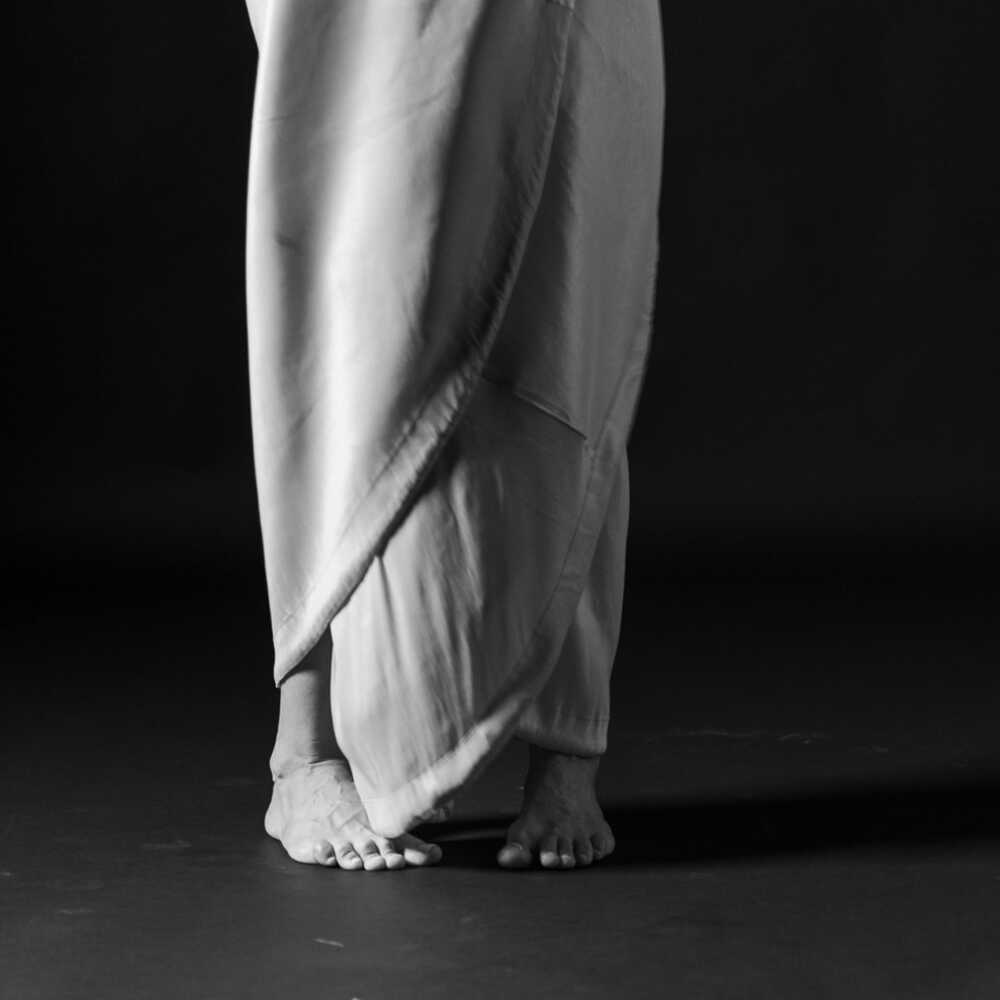
Osama: "The relationship between Rumi and Shams was layered. They loved each other like brothers, but there was also jealousy.
I wanted to incorporate that into the performance as well. So I wrote a lullaby for Rumi, imagining another man putting his hand on his friend's lap. Not unusual in Arab, Iranian and Turkish culture and not necessarily indicative of something erotic. Rather a sign of deep connection.
To deepen their connection even more, I also want to compose a piece titled Buya, Arabic for father. Shams was a kind of father figure for Rumi.
How do you plan to bring Rumi into an overall performance?
Filip: "By connecting the most gripping poetry to our own stories, building a scene that connects the audience to the higher and having a contemporary dervish dance performed by Işil Bıçakçı, a choreographer-temporary dancer.
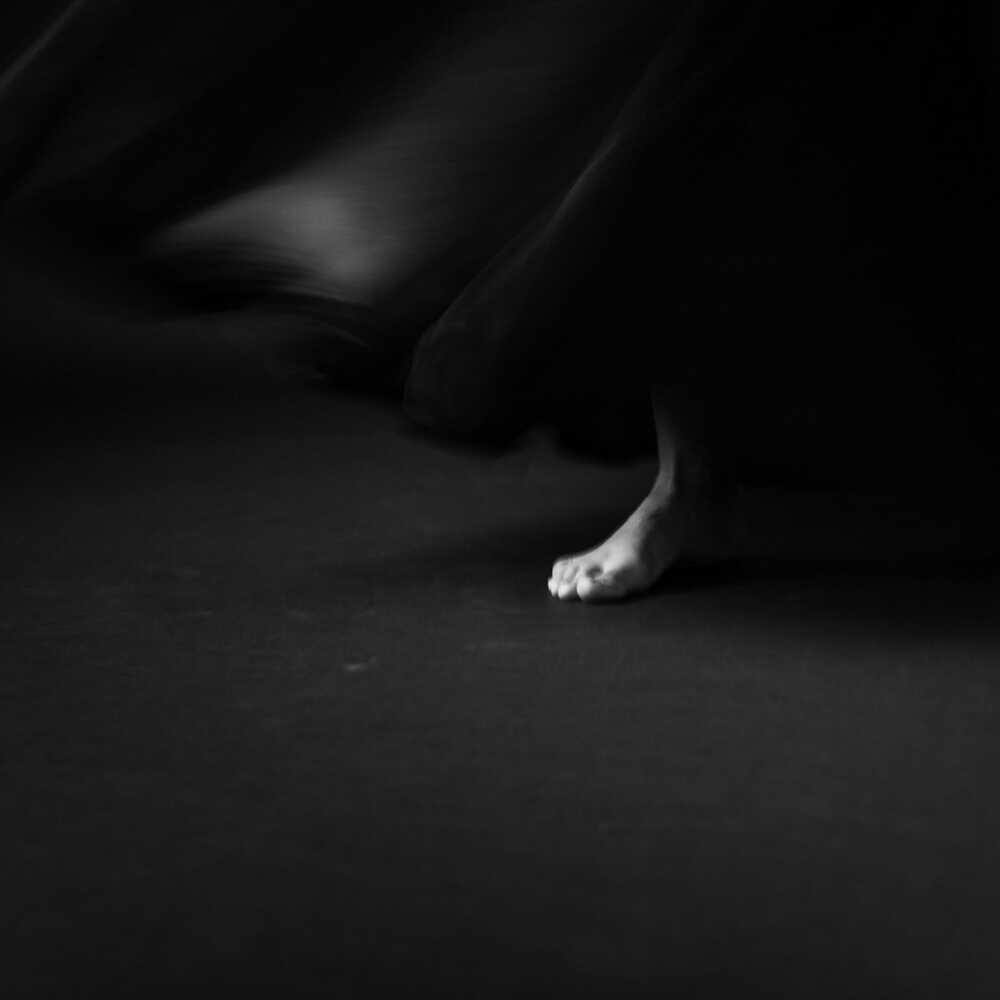
We want to incorporate some rituals in addition to the musical. For this we were inspired by the well-known spinning dervishes, the development of which was attributed - not entirely correctly - to Rumi. In this sense, we went looking for new elements, also inviting the audience to participate.
Osama: "Air occupies an essential place at the moment of birth. Using breathing, for example, we are looking for small and simple rituals that the audience can go through together.'
The commemoration of 750 years of Rumi is currently being addressed worldwide. Yet with the ensemble, I detect a certain urgency that extends beyond?
Osama: "Definitely. Since June of last year, I have been living in another dimension. I unexpectedly lost my brother, and unknowingly I suddenly ended up with Rumi and Shams. Normally I'm not into the Sufi world, but all the music I've written since then, including for other projects, is mystical. My brain just completely turned over. Where just before I was composing very bombastic, suddenly I was following a different direction; simple and very deep.
Farnoosh: "We are working with ten makers on this research around Rumi, also with theologian Jonas Slaats, and it touches us all. A very new and beautiful experience that we want to share with everyone.'
Normaal ben ik niet bezig met de soefi-wereld, maar alle muziek die ik sindsdien heb geschreven, ook voor andere projecten, is mystiek. Mijn brein draaide gewoon helemaal om.
Osama Abdulrasol
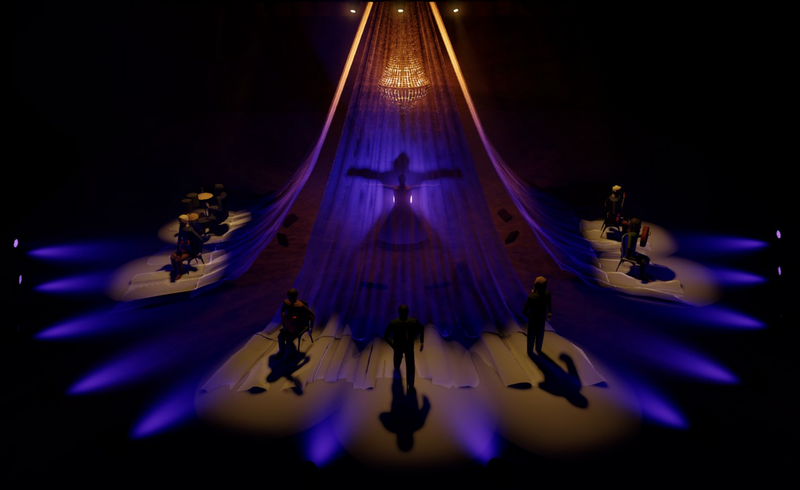
Rumi Passion (première)
Season opener centered around a special encounter, with mystical music, dazzling dance and poetry
20:15 Sold out